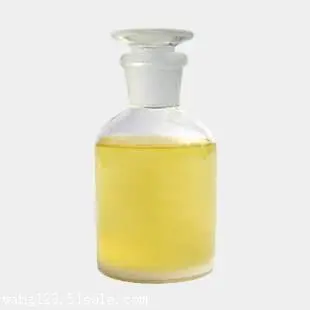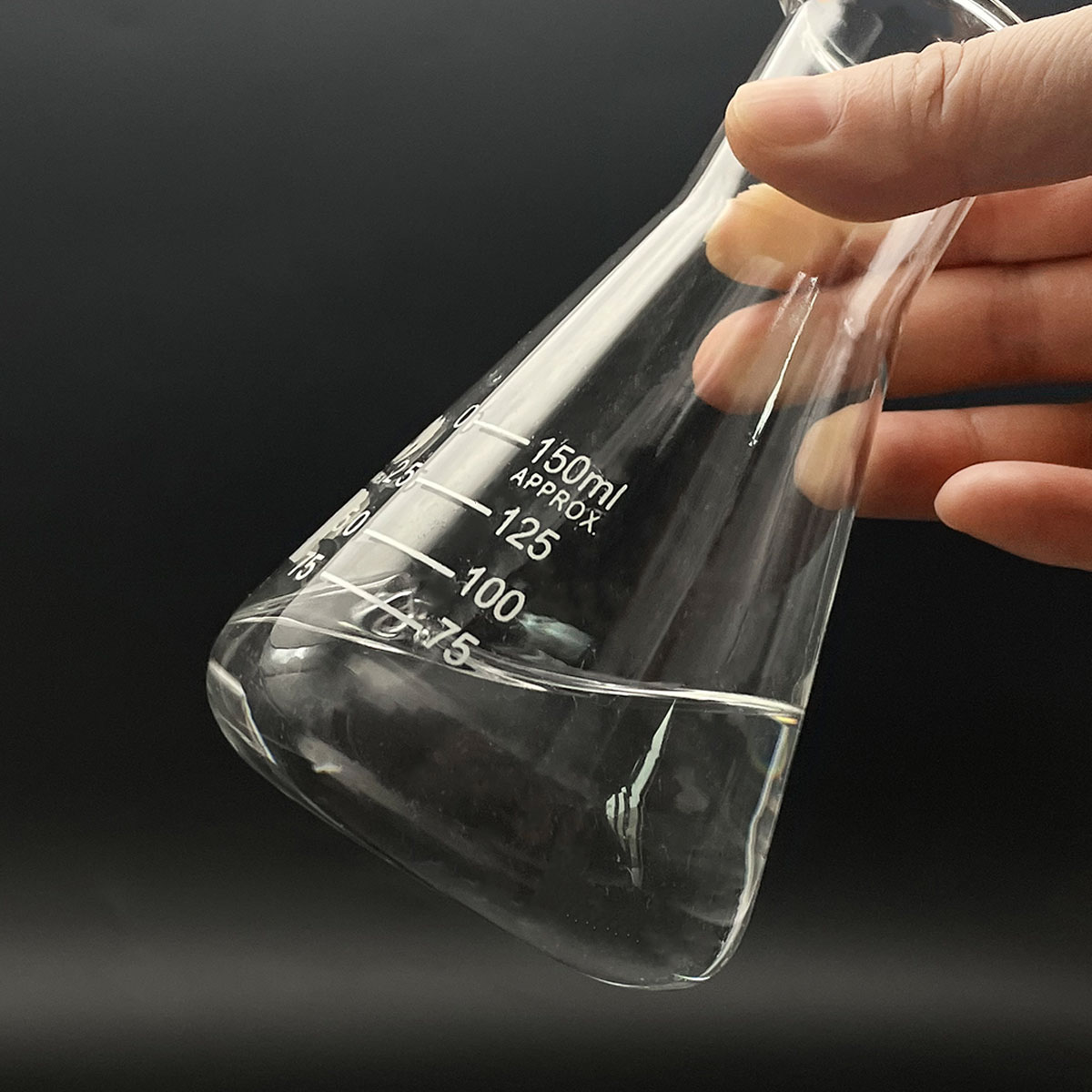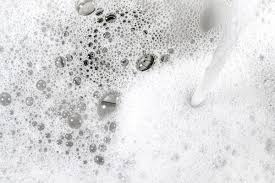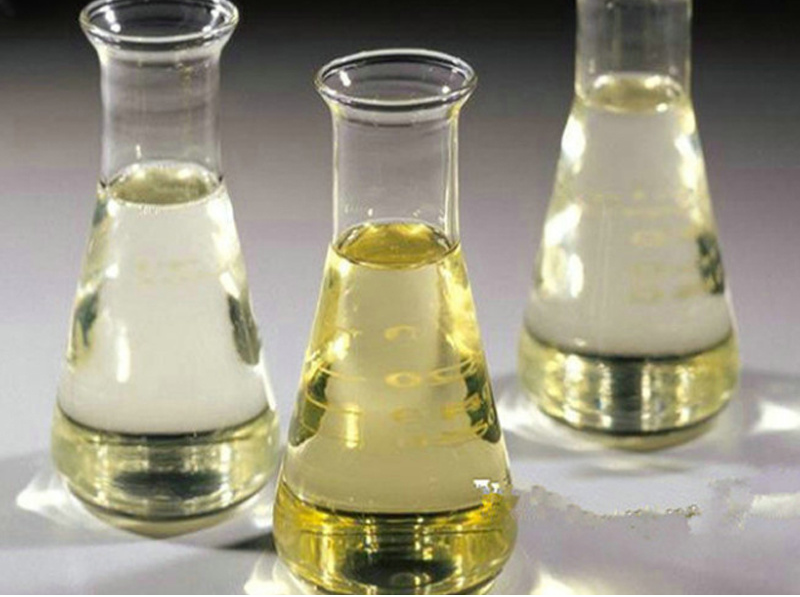Soap’s Secret Superpower: What the Heck is Surfactant?
(What Is Surfactant?)
Ever wonder why soap makes water slippery? Or how shampoo lifts grease from your hair? Or why dish liquid cuts through that greasy pan? The answer isn’t magic. It’s surfactant. This word might sound technical, but surfactants are everywhere in your daily life. They are the unsung heroes making cleaning possible.
Think about trying to wash greasy hands with just water. The water beads up and rolls off. The grease stays put. Water and oil hate each other. They refuse to mix. This is a big problem when you need to clean oily dirt. Surfactant is the peacemaker. It bridges the gap between water and oil.
The name “surfactant” gives a clue. It stands for SURFace ACTive AgeNT. It works right at surfaces. Imagine a surfactant molecule. It looks like a tiny tadpole. One end loves water – this is the head. The other end loves oil and grease – this is the tail. This dual nature is its superpower.
When you add soap or detergent to water, surfactant molecules get busy. Their water-loving heads dive into the water. Their oil-loving tails stick out, trying to escape the water. They gather at the water’s surface. The tails point up into the air. This makes the water less “tight.” It becomes wetter, spreading out more easily. That’s why soapy water feels different.
Now, picture greasy dirt on a plate. Surfactant molecules attack. Their oil-loving tails burrow into the grease blob. The water-loving heads remain facing the surrounding water. The surfactant surrounds the grease droplet. It forms a little cage called a micelle. The grease is trapped inside, shielded by the surfactant tails. The water-loving heads on the outside let the whole package float freely in the water. The grease isn’t mixed with the water. It’s suspended, surrounded. Rinsing carries the micelle away. The grease goes down the drain.
This action isn’t just for dishes. Surfactants are vital in laundry detergents. They pull body oils and food stains out of fabric. Shampoos rely on surfactants to remove scalp oils and dirt. Toothpaste uses them to spread evenly and help clean. Even in fire extinguishers and medicines, surfactants play crucial roles. They make things spread, penetrate, foam, and clean.
Without surfactants, our world would be much dirtier. Cleaning would be a constant struggle. Washing clothes, dishes, hair – everything would be harder. That slimy feel of soap? That’s surfactant molecules at work. The satisfying way dish liquid cuts through grease instantly? That’s surfactant action. The rich lather in your shampoo? Thank surfactants for that too.
(What Is Surfactant?)
They transform ordinary water into a powerful cleaning agent. They solve the age-old problem of oil and water refusing to mix. Surfactants are the tiny, powerful molecules working silently in countless products. They make modern hygiene and cleaning possible. Next time you wash your hands, remember the little tadpole-shaped heroes making it happen.
Inquiry us
if you want to want to know more, please feel free to contact us. (nanotrun@yahoo.com)




